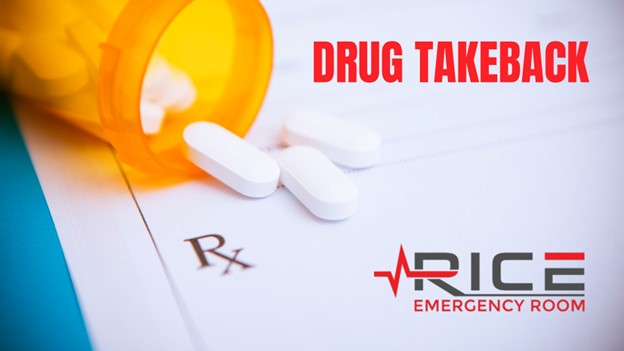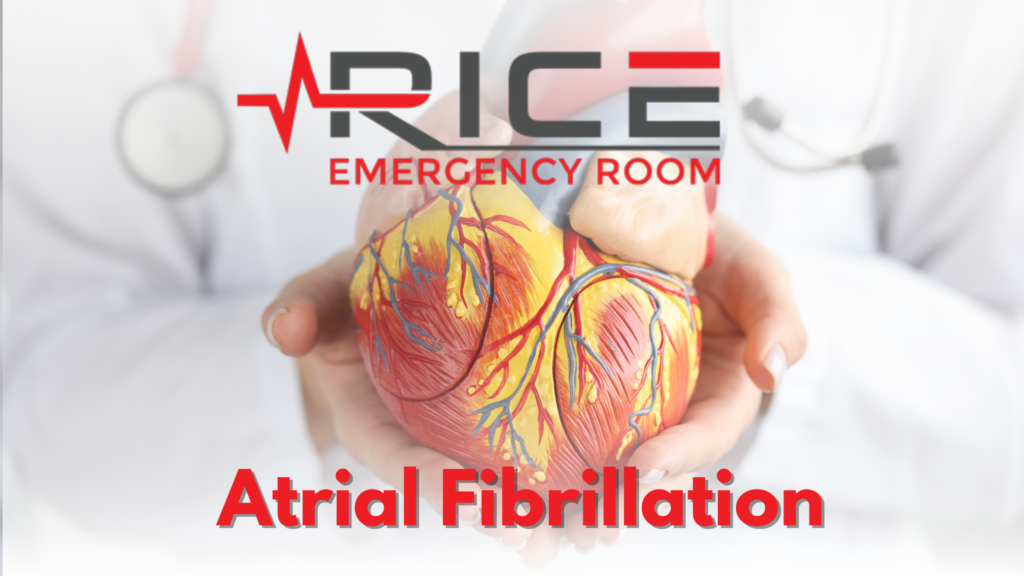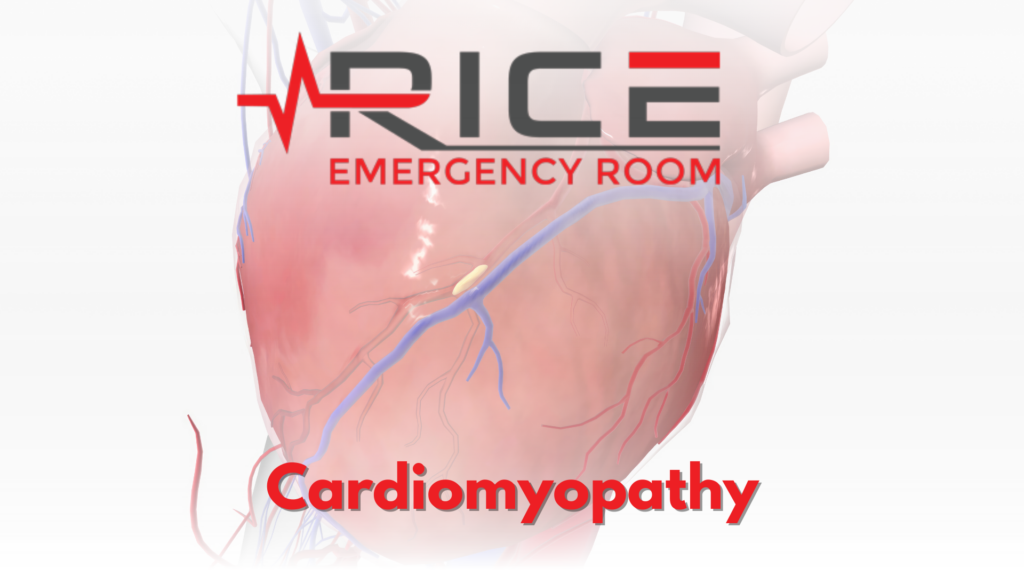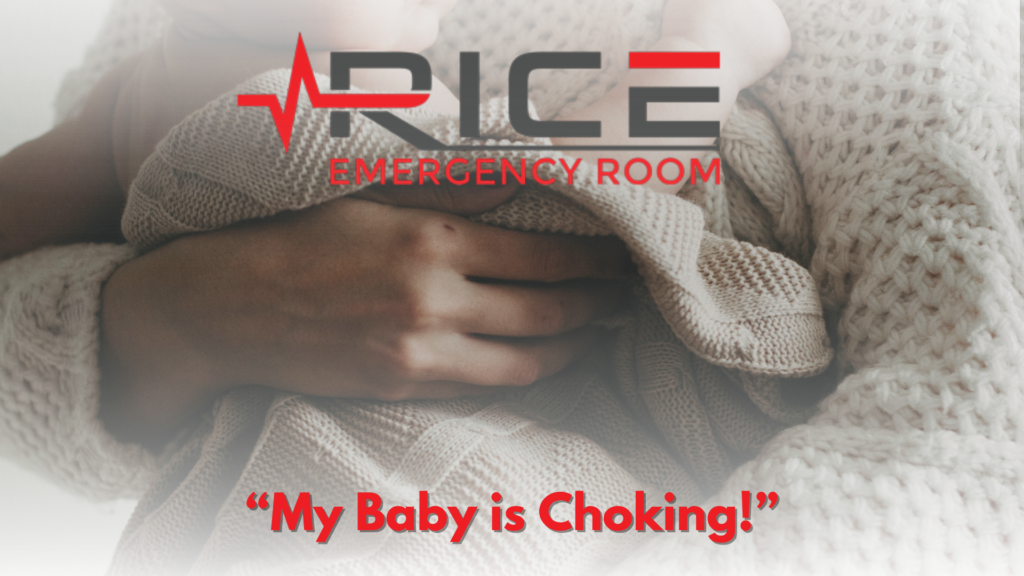
Prescription drug takeback day (April 22, 2023) is a nationwide initiative to promote the safe and responsible disposal of unused or expired medications. The event occurs once a year and is sponsored by various organizations, including local law enforcement agencies, pharmacies, and community health centers. By participating in this event, individuals can help prevent the misuse and abuse of prescription drugs while also promoting community safety.
During prescription drug takeback day, individuals are encouraged to go through their medicine cabinets and remove expired or unused medications. These drugs can then be safely and securely disposed of at designated collection sites. The event allows people to dispose of their medications without harming the environment or endangering others who might have access to them.
The initiative is not only a practical solution for medication disposal but also serves as an educational platform to raise awareness of the dangers of prescription drug misuse and abuse. Participants can speak with local healthcare providers about safe medication storage and disposal and ask any questions they may have about their specific medications. (National Prescription Drug Take Back Day)
Disposing Drugs Properly: A Guide
Pharmaceuticals and personal care products (PPCPs) are present in many people’s everyday lives. These products include prescription and over-the-counter medications, cosmetics, and other personal care items. However, when these products are improperly disposed of, they can end up in our waterways and negatively impact aquatic ecosystems and potentially human health. To help combat this issue, the Environmental Protection Agency (EPA) has developed guidelines for properly disposing of PPCPs.
Here are some key pointers to keep in mind:
- Do not flush PPCPs down the toilet or sink: When PPCPs are flushed down the toilet or sink, they can enter wastewater treatment plants and eventually end up in waterways. This can have harmful impacts on aquatic life and the environment.
- Look for takeback programs: Many pharmacies and healthcare facilities offer takeback programs for unused or expired medications. This is a safe and responsible way to dispose of PPCPs.
- Dispose of drugs in the trash: If a takeback program is not available, it is recommended to dispose of medications in the trash. However, it is essential to take precautions such as mixing medications with unappealing substances like coffee grounds or kitty litter and sealing them in a plastic bag.
- Do not share medications: Sharing medications with others, even if they have similar symptoms, is not recommended. Taking medications prescribed to you by a healthcare provider is essential only.
- Properly dispose of personal care products: When disposing of unique care products, such as lotions and shampoos, it is recommended to remove any excess product and recycle the container if possible. By following these guidelines and being mindful of the proper disposal of PPCPs, we can help protect our waterways and the environment while promoting public health and safety.
(US EPA)
Proper Disposal of E-Cigarettes and Vaping Devices
E-cigarettes have become increasingly popular in recent years. Still, it is essential to remember that they can threaten human health and the environment if not disposed of properly. However, there are simple steps that we can all take to ensure that e-cigarette waste is disposed of safely and responsibly.
First, it is essential to recognize that e-cigarette waste, including rechargeable batteries, cartridges, and bottles containing e-liquids, should not be thrown in the regular trash or flushed down a sink or toilet. Instead, they should be taken to a hazardous waste facility to be disposed of safely. This will help prevent the release of harmful chemicals into the environment and reduce the risk of potential health hazards. Many state departments of health and public health nonprofit organizations have compiled helpful information on the proper disposal of e-cigarette waste.
Some of these best practices include properly sealing e-cigarette waste in a plastic bag to prevent leaks, ensuring that rechargeable batteries are taped or capped to prevent short circuits, and avoiding crushing or puncturing e-cigarette cartridges or bottles. Additionally, it is recommended to store e-cigarette waste in a cool, dry place until it can be taken to a hazardous waste facility.
(FDA)
Keep Your Family Safe
Prescription drug takeback day is an important initiative that promotes community safety and responsible medication disposal. It allows individuals to dispose of unused or expired medications safely. Various organizations sponsor the event, including pharmacies, community health centers, and law enforcement agencies. By participating in this initiative, individuals can help prevent prescription drug misuse and abuse while protecting the environment and their communities.
Works Cited
US EPA. How to Dispose of Medicines Properly – US EPA.
archive.epa.gov/region02/capp/web/pdf/ppcpflyer.pdf.
FDA, Center for Tobacco. “Tips for Safe Disposal of e-Cigarettes and e-Liquid Waste.” U.S. Food and Drug Administration, FDA,
National Prescription Drug Take Back day. National Prescription Drug Take Back Day,
www.deadiversion.usdoj.gov/drug_disposal/takeback/.
Center for Drug Evaluation and Research. “Drug Disposal: Drug Take Back Locations.” U.S. Food and Drug Administration, FDA,



